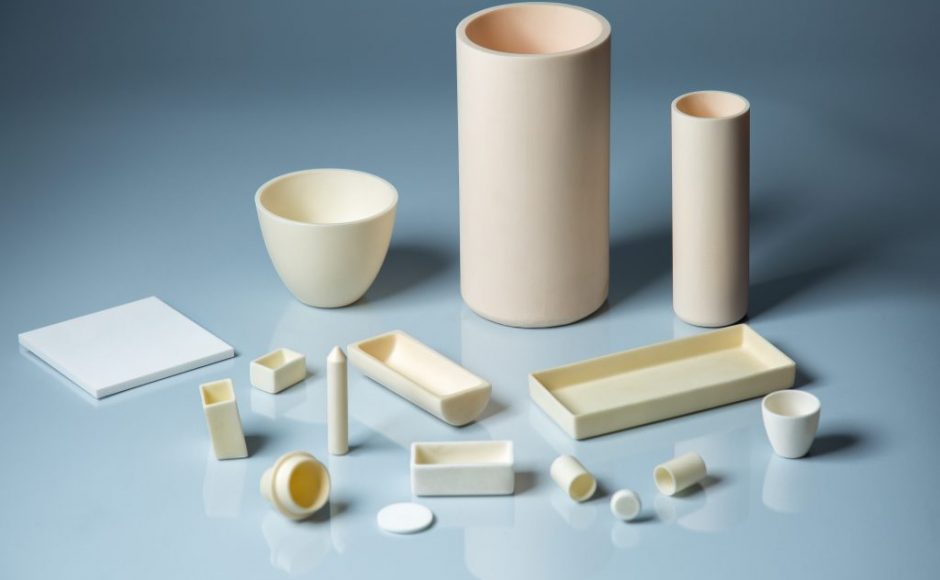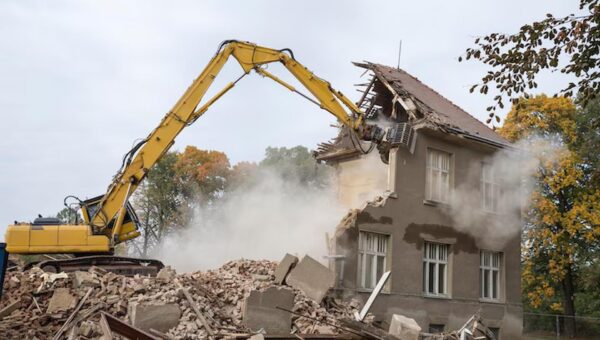Over the years, advanced ceramic have gained traction for their technical applications and are now revolutionizing many of the manufacturing processes. The incorporation of advanced ceramics, also known as technical ceramics, has had a promising impact on the product properties, such as prolonging its lifespan.
The features of these ceramics are malleable, meaning they can be modified, improved, and refined for use in technical applications. Their high purities – metals compounds combined with nitrides, carbides, or oxides – have enabled them to showcase cutting-edge performance. According to experts, technical ceramics will complement, and in some cases, replace competing materials like glass and metal.
Types of Advanced Ceramic
Advanced ceramics have a large scope in various industrial applications. Their exceptional properties like resistance toward high temperature, strength, chemical resistance, abrasion resistance, toughness, and more lead to a growing demand for these ceramics in the leading industries.
As they are used in a vast number of industries, there exist various types of ceramics. These include alumina, zirconia, silicon nitride, and silicon carbide, just to name a few.
Application in Manufacturing
Advanced ceramics differ from decorative ceramics similar to their purpose. Technical ceramics are more focused on industrial work. At present, ceramics are the only suitable option for manufacturing heavily pressed parts in machines and devices. Using advanced ceramics, multiple parts that have varying design iterations or size options can be built simultaneously on the same build tray.
Here are a few applications of advanced ceramics in manufacturing.
Chemical Applications
Seals are used in rotating machinery to prevent leakage between the shaft and pump casing. These seals need to overcome external pressures such as liquids, heat, and chemicals. Advanced ceramics exhibit ground-breaking tolerance to the harsh pressures faced by the machinery, hence replacing metal to form these impeller structures. Additionally, advanced ceramics are also found in impellers and tubes.
Industrial Wear Applications
Advanced ceramics are used in the lining of short blast nozzles and help to optimize the shot, living up to their reputation as the most wear-resistant material. Technical ceramic is the only material that can handle the thermal shocks and other wear which the paper dewatering foils undergo.
Electric Resistance Welding and Ceramic
The extreme heat and direct wear of the welding rolls used in the electric welding process call for the strong heat and ear resistant properties of advanced ceramis. Furthermore, advanced ceramic are applied to extrusion dies, a metal forming product, that helps to improve their hardness, thermal, and chemical stability. It also imparts the dies with the necessary level of strength required for their application.
Thermal Applications
Thermocouple protection sheath is used to resist the temperature in aluminum foundries and smelters. These use technical ceramic to achieve the strength and resistance needed for the efficient performance of their application.
Manufacturing parts with complex geometries are produced as easily as simple parts using technical ceramics. These materials eliminate the tooling process as well as save significant time and capital. They are considered to be a valuable replacement for traditional manufacturing methods.




